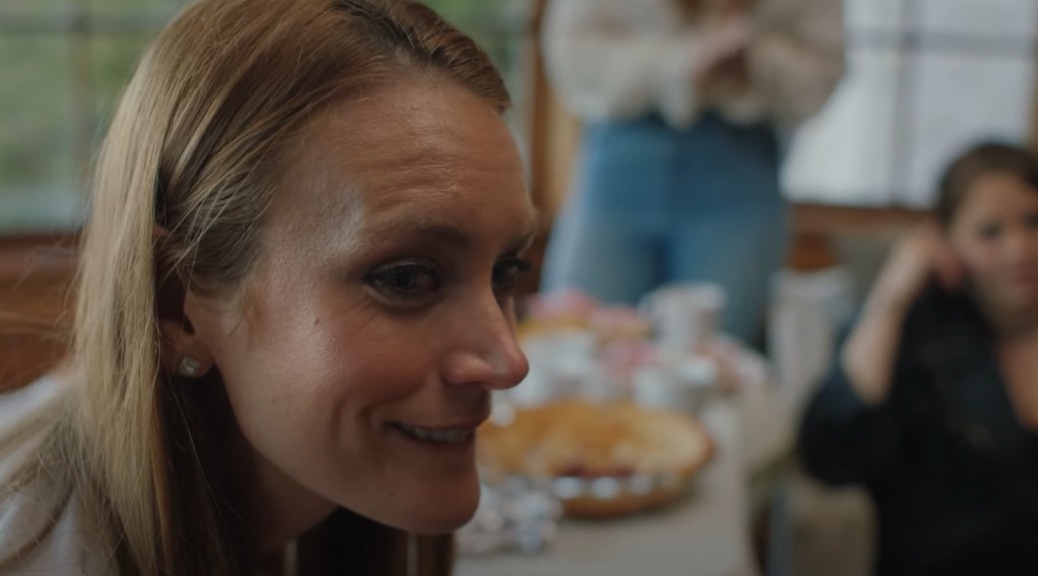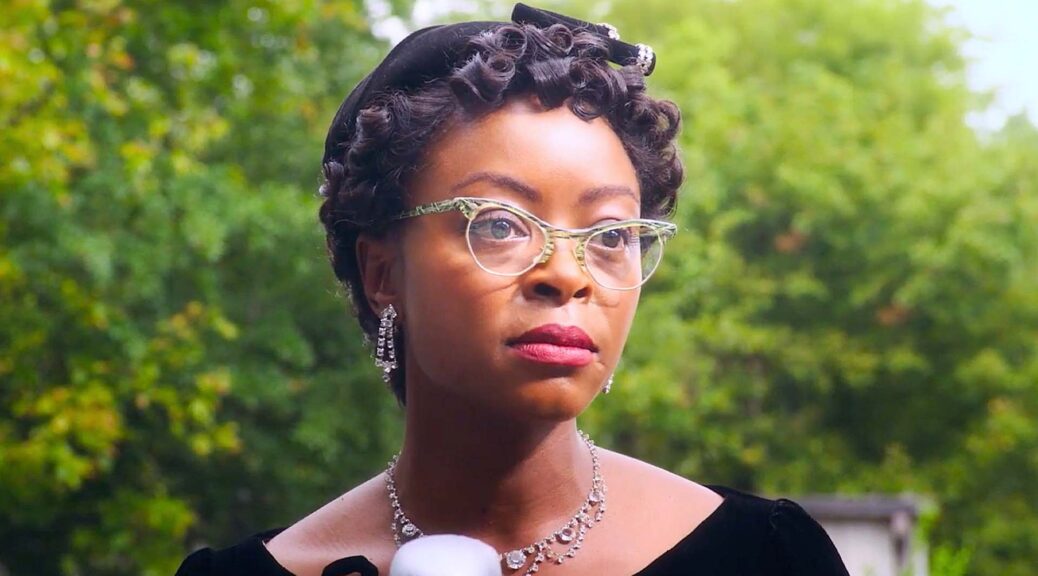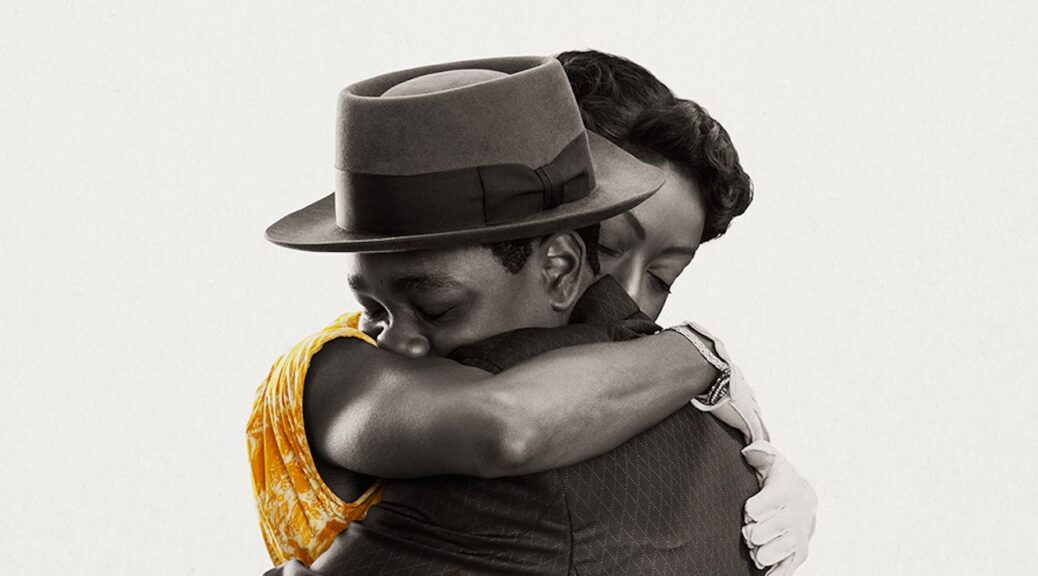Soft & Quiet
by Rachel Willis
The idea that the kindergarten teacher at your child’s school might be a member of an Aryan group is terrifying enough, but writer/director Beth de Araújo takes that idea even further in her first full-length feature, Soft & Quiet.
The kindergarten teacher, Emily (Stefanie Estes), is our focus as we watch her leave school one afternoon to attend a meeting of like-minded women. Right from the beginning, it’s clear Stefanie is unlikeable. She coerces a young boy into confronting a janitor over mopping the floor, painting it to the child’s mom as teaching him to be empowered.
From this uncomfortable moment, the movie takes us further into discomfort as we follow Emily in real time as her evening progresses. Giving away anything more would remove the tension that is slowly built as the movie moves from unsettling to disturbing to terrifying.
Telling a story in real time takes a truly talented editor, and Lindsay Armstrong nails it. Her cut is seamless, and it helps deepen the tension. The editing work keeps you in the moment, showing how quickly mob mentality can take over – especially if the group in question feels threatened (even when the threat actually comes from the group in question).
Most of the time, the cinematography complements the writing and editing. But on occasion, it feels like we’re watching a found footage film, which detracts slightly from the tension. While there are many moments filmed to unsettle, at other times it removes us from the moment. However, these minor faults are easily overlooked.
The acting throughout is perfect. Every woman feels like someone you might know. From the pregnant Stormfront member to the woman living paycheck-to-paycheck, each actor brings a realism that lends to the dread we feel as we follow the group.
Though we follow Emily, it’s impossible to feel any sympathy for her. She is at times coerced into action and other times the leader of the pack. What she chooses to do is horrifying, and her responses to the events don’t evoke understanding.
There are several themes running in the film, but all of them work together to paint a picture that isn’t hard to envision. It’s easy to imagine women like these among us. That’s the scariest part of all.














